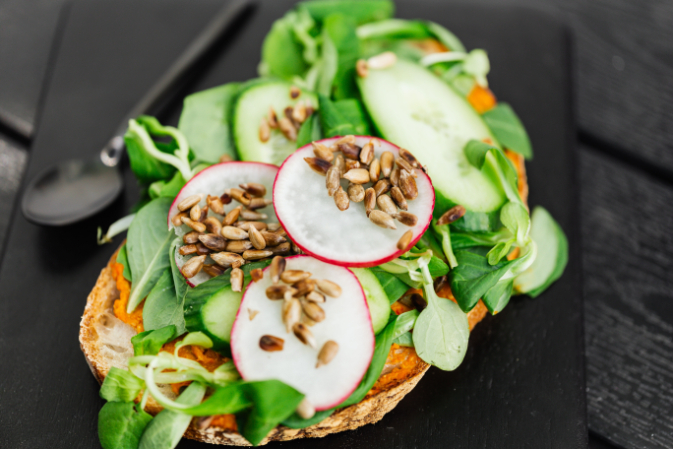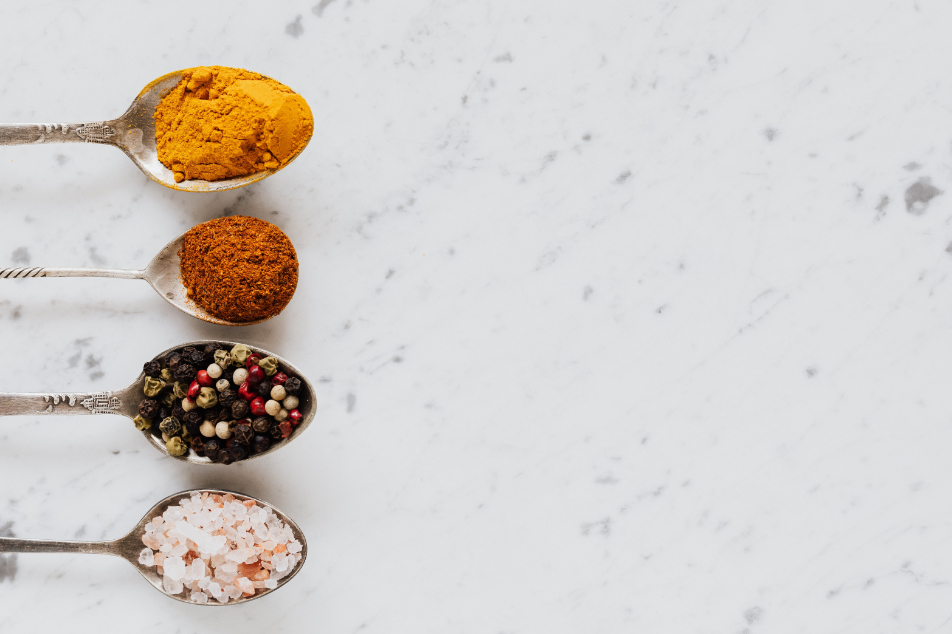
Pine Nuts: The Nut That’s So Expensive, It’s Worth Its Weight in Gold
What do you call a pine nut that’s been hit by lightning? A pint-sized bolt!
Pine nuts are the edible kernels of pine cones. They are a popular ingredient in many dishes, such as pesto, baklava, and tagines. Pine nuts are a good source of protein, fiber, and healthy fats. They are also a good source of vitamins and minerals, such as vitamin E, magnesium, and manganese.
Pine nuts are native to the Mediterranean region, but they are now grown in many parts of the world, including India, China, Turkey, and the United States. Pine nuts are harvested from pine cones, which are typically shaken from the trees or knocked down with long poles. The cones are then opened and the kernels are extracted.
Pine nuts are a relatively expensive nut, due to the labor-intensive process of harvesting them. However, they are a delicious and nutritious ingredient that can be enjoyed in a variety of dishes.
Here are some of the health benefits of pine nuts:
- Good source of protein: Pine nuts are a good source of protein, which is an important nutrient for the body. Protein helps to build and repair tissues, and it is also important for muscle growth and development.
- High in fiber: Pine nuts are high in fiber, which can help to regulate digestion and prevent constipation.
- Healthy fats: Pine nuts are a good source of healthy fats, such as monounsaturated fats and polyunsaturated fats. These fats are beneficial for heart health and can help to reduce the risk of heart disease and stroke.
- Good source of vitamins and minerals: Pine nuts are a good source of vitamins and minerals, such as vitamin E, magnesium, and manganese. Vitamin E is an antioxidant that helps to protect the body against damage from free radicals. Magnesium is important for bone health and muscle function. Manganese is important for energy production and the metabolism of carbohydrates.
Benefits of eating pine nuts
-
Sharpens vision.
-
Heart friendly, rich in mono-saturated fats.
-
Builds stronger bones.
-
Boosts up immunity.
-
Aids weight loss.
-
Good source of iron.
-
Fights free radicals.
-
Good source of energy. Source: http://www.care2.com/greenliving/8-incredible-health-benefits-of-pine-nuts.html
Interactions of pine nuts
-
Pine nuts can become allergic to susceptible individuals.
-
Pine nuts can leave a bitter taste after consumption called the pine mouth. Source: http://www.seedguides.info/pine-nuts/ http://en.wikipedia.org/wiki/Pine_nut
-
Pine nuts can interact with thyroid medications. Source: http://herbnet.com/ask%20the%20herbalist/asktheherbalist_interactions.htm
-
Korean pine found to interact with antibiotics.
-
Found to interact with anti – coagulants and anti – platelets.
-
Can interact with anti – fungals.
-
Can interact with anti – anti – neoplastics.
-
Can interact with anti – hypertensives.
-
Can interact with anti – lipemics.
-
Can interact with anti – obesity agents.
-
Can interact with GLP – 1 analogue. Source: http://www.livingnaturally.com/ns/DisplayMonograph.asp?StoreID=E32FA6C399AB4C99897032581851D45D&DocID=basic-interactions-koreanpine
Health conditions to avoid pine nuts:
-
People with pine nut syndrome must avoid pine nuts. Source: http://pinenutsyndrome.wordpress.com/healtheffects/
-
People with hypothyroidism must avoid pine nuts. Source: http://www.md-health.com/Foods-To-Be-Avoided-By-Hypothyroid-Patients.html
-
People with known allergy to pine nuts must avoid it. Source: http://www.webmd.com/allergies/guide/nut-allergy
-
Pine nuts can trigger migraines in susceptible people.
-
People with irritable bowel syndrome must avoid pine nuts. Source: http://www.joybauer.com/food-articles/nuts-and-seeds.aspx
Photo by Karolina Grabowska: https://www.pexels.com/photo/sliced-cucumber-and-green-vegetable-on-brown-bread-4963959/
NOTE: The information on this website is for educational purposes only and is not intended to replace the advice of a qualified medical professional. If you have any questions or concerns about your health, please consult a doctor. We do not endorse any specific products or treatments, and we do not claim to cure or treat any medical conditions. The information on this website is based on our own research and experience, and we cannot guarantee its accuracy or completeness. View the full disclaimer here


